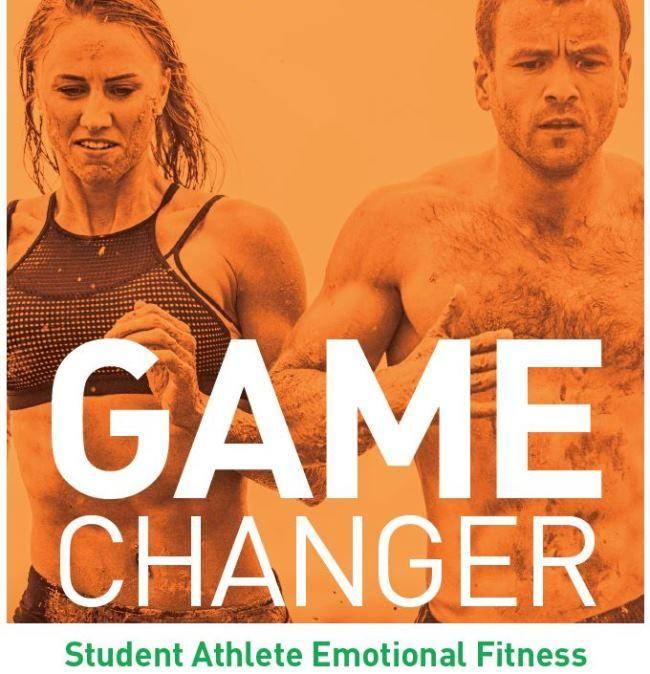April 18th, 2019
Limestone College Athletics Hosts "Game Changer" Presentation
In support of student-athlete emotional fitness and its “Game Changer” initiative, Limestone College Athletics hosted a groundbreaking community-wide educational presentation on April 18 in Spartanburg.
The presentation was the direct result of an innovative partnership between Limestone College Athletics and the National Center for Performance Health.
“Concussion is the elephant in the room, but mental health is the most important health issue facing our student athletes,” said Brian Hainline, M.D., the NCAA’s Chief Medical Officer. “My hope is that the NCAA’s leadership role in mental health will not only lead to improved access for all student- athletes, but also transform the nature of mental health care access in society.”
Panelists at the event included Dr. Rahul N. Mehra, CEO and Chief Physician Executive for the National Center of Performance Health; Aaron Taylor, Mental Health Advocate, Super Bowl Champion, and CBS Sports Analyst; Robyn Hussa Farrell, CEO and Founder of Sharpen; Adam Ranns, Limestone College Assistant Athletic Director for Sports Heath; and Mike Cerino, Limestone College Vice President for Intercollegiate Athletics.
The event included a breakfast, panel discussion, and question-and-answer session.
The “Game Changer” initiative address athletic department and school generated student-athlete concerns by providing an easily accessible, immediate, and seamless concierge service available at all times. It provides confidential, trusted, and unbiased external expertise to athletic department/administration. In the event of a crisis event, it includes activation of a customized on-site Emergency Crisis Response team to provide psychological relief for impacted students and staff. “Game Changer” also provides services from a culturally, ethnically, and socially sensitive perspective for an increasingly diverse student-athlete population. It helps all student-athletes achieve their true academic and social potential by eliminating emotional barriers impeding student success. Such initiatives assist with student retention rates and recruitment.
Why did Limestone become a part of the “Game Changer” initiative?
Suicide
The American College Health Association and the Centers for Disease Control report suicide as the second leading cause of death among college students.
More teenagers and young adults die from suicide than from cancer, heart disease, AIDS, birth defects, stroke, pneumonia, influenza and chronic lung disease combined.
Substance Abuse
Columbia University study shows almost half of full-time college students binge drink or abuse prescription drugs. A quarter of those meet the medical definition of having a problem with substance abuse or dependence. That is three times the rate of general population.
Young adults age 18 to 25, per the National Institute of Health, are the biggest abusers of prescription drugs (opioid pain relievers, ADHD stimulants and anti-anxiety drugs).
Elevated risk of physical injury among student athletes who have anxiety, depression and substance abuse.
Student-athletes have a greater risk of Performance Enhancing Drug (PED) abuse-consequently increasing risk for violence, aggression, poor impulse control and impaired judgement.
Access and Stigma
Association for University and College Counseling Center Directors (AUCCCD) survey reveals that over 33 percent of these centers have no physician services.
Student-athletes frequently resist using on-campus counseling services and further hesitate accessing emotional health supports housed in athletic departments. This hesitation is rooted in concerns about confidentiality/privacy breaches, and perceptions that they be labeled as “mentally weak” or should “fight through the pain” and “show no weakness.”
Resiliency is absolutely essential to optimal peak performance but a culture of insensitivity and harshness is a powerfully destructive force to any individual or group.

